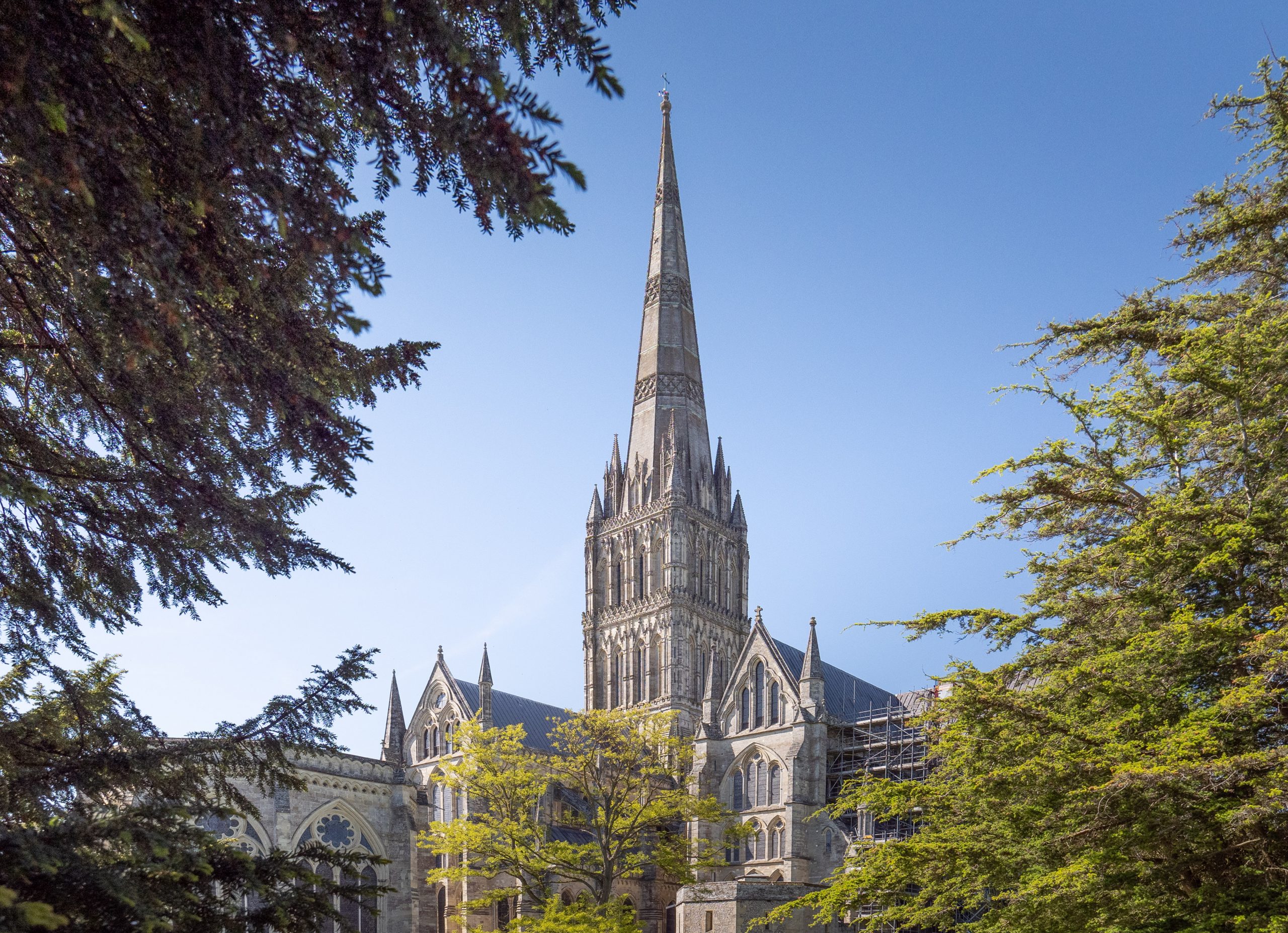Transcending Boundaries

Acts 11.1-18; John 13.31-35
This Eucharist, like each of our Sunday Eucharists during the season of Easter, began with the lucky congregation here in the cathedral being sprinkled with water by a motley assembly of the clergy. From time to time during my years here, a colleague has felt it a good idea to use the notices to forewarn unsuspecting newcomers that this is about to happen; but most of the time we’ve simply done it, and let people take it as it comes and then react as they may – perhaps with surprise and pleasure, perhaps with shock and outrage, perhaps with resigned bemusement at the ways of cathedral clergy.
During this past week I gained a new perspective on this curious, but to me familiar, activity. That’s because on every morning soon after 8.00 this vast worshipping space was invaded by a large and purposeful group who have set about spraying and pouring water on the thousands of flowers and plants with which this building is still festooned. At the roughest of estimates, I suppose many hundreds of man – or more accurately woman – hours of watering have been done here this week. Without that repeated replenishment of the most basic of necessities, these arrangements would never have made it through till today. Just so, you and I need to draw daily upon the goodness of God in Christ, the personal dependence expressed in the waters of baptism.
I want to look briefly at the two readings we’ve heard in this service. The gospel was just a few verses taken from the very long section of John’s book in which Jesus is talking exclusively to his disciples, immediately before he is arrested and executed. At first he is talking to all 12 of them, and then he sends Judas out; the other 11 don’t know it, but he has gone out in order to betray Jesus. Hence the very last words before the passage we heard were ‘And it was night’; Judas has gone out to align himself with the darkness of the surrounding world. And Jesus tells this small remaining group that they must love one another.
There is a strong sense of a core group around Jesus, surrounded by darkness; it’s there in this gospel, but even more strongly in the Biblical letters arising from this theological tradition and which we know as the letters of John. The followers of Christ must love one another because they are surrounded by danger. A consequence of this outlook can be a very strict sense of the boundaries around the community of faith – and beyond those boundaries, everything is alien, everything is threat.
In the other reading, from Acts, Peter describes his vision of being urged to kill and eat all sorts of animals which were ritually impure to him and his fellow Jews; and he describes how he came to grasp that his focus on these boundary markers of the community of faith had prevented him seeing the embracing generosity of God; God’s love, and God’s Holy Spirit, were not limited to people from the same culture and traditions as him. ‘Who was I that I could hinder God?’ – That’s the telling question he posed himself; and it’s the one we should ask ourselves too.
We people of faith need to open our eyes to a vision of God’s goodness which far transcends our own boundaries; just as the embittered older brother of the prodigal son thought that their father’s love ought to be confined to him for being dutiful, yet instead found that it was equally lavished on the negligent wastrel.
Hundreds of church people, and lots of church groups, have created and sustained this flower festival by their faithful and dedicated labours, and I honour and thank them for what they’ve done. It’s a rich blessing to us all, a reminder of not just the beauty and goodness of God’s creation, but also of human imagination, skill, and teamwork. But taking part has not depended on a faith test – the blessing of that work is the same, whatever the person means by it.
I’ve seen this festival in a very privileged way, every day since Monday, from start to finish. And the section of arrangements which has particularly entertained me are the quirky themes to illustrate British culture during recent decades – including Punk, a tea pot and cakes. Apropos the former, someone said to me that they never expected to see that word – the word in the title of the Sex Pistols’ album – in the cathedral. Well, thank God it’s here, one among many reminders to widen our vision; and to grasp afresh that ours is the Church of England – all England, not just people like you, or like me; and the reminder that it’s our love, not our boundaries, which show that we are Christ’s disciples.




